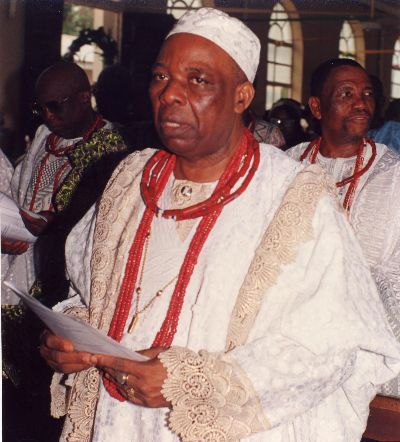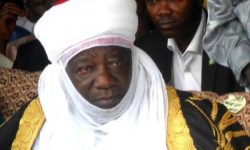The Ijesas #yorubasubgroups
The Ijeshas (or Ijesas) are a subgroup of the Yoruba people, one of the largest ethnic groups in Nigeria. They are primarily located in the southwestern region of Nigeria, particularly in the state of Osun. The main Ijesa city is Ilesa, a cultural and historical hub for the Ijesha people.
Some major aspects of the Ijesha people:
1. History and Kingdom:
The origin of the Ijeshas can be traced to ancient Yoruba history. They have a long-established kingdom, the Ijesha Kingdom, which dates back to several centuries. The traditional ruler of the Ijeshas is the "Owa Obokun of Ijeshaland."
The Ijeshas were among the Yoruba groups that actively participated in the Oyo Empire's rise and influence in pre-colonial Nigeria.
Ilesa was a significant political and military power in the 19th century and participated in various regional conflicts, including the popular Kiriji War, which helped shape Yoruba history.
2. Language:
The Ijesha people speak a dialect of the Yoruba language, with some distinct linguistic characteristics that set them apart from other Yoruba subgroups.
3. Culture:
They are known for their rich cultural traditions, including elaborate festivals, masquerades, music, and dance. They celebrate various traditional Yoruba festivals like with the most popular being the Iwude Ijesha Festival, which honors their historical kings and warriors.
Ijeshas have a reputation for being industrious, with many Ijesha involved in agriculture, trade, and business activities.
4. Religion:
Like other Yoruba groups, the Ijesha traditionally practiced Yoruba religion, which includes belief in a pantheon of deities (Orishas) like Ifa, Ogun, and Sango.
Today, many Ijeshas practice Christianity and Islam, but traditional beliefs and customs still hold an important place in their culture.
The Ijesha people have contributed significantly to the development of Yoruba culture and politics and continue to play an important role in Nigeria’s history and society.









